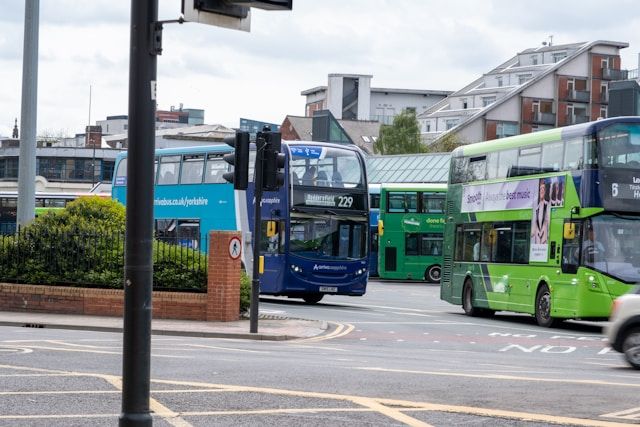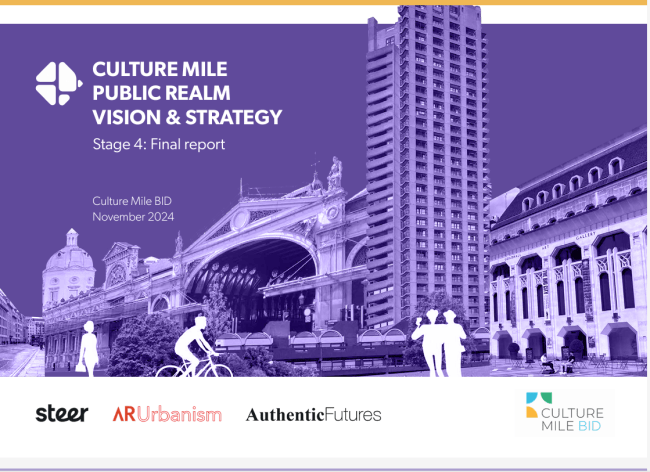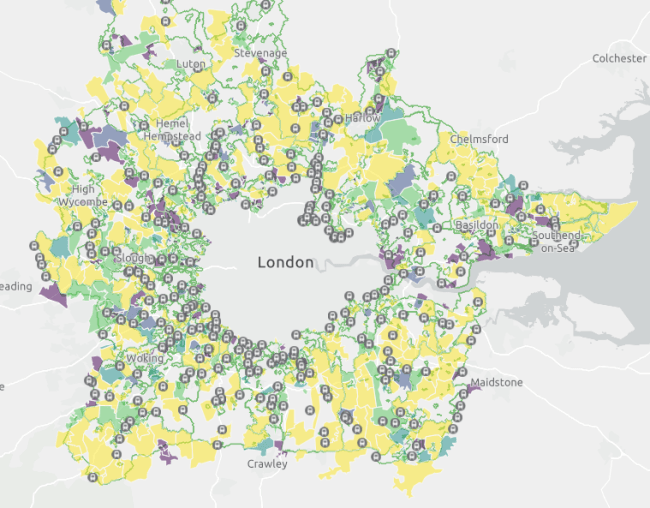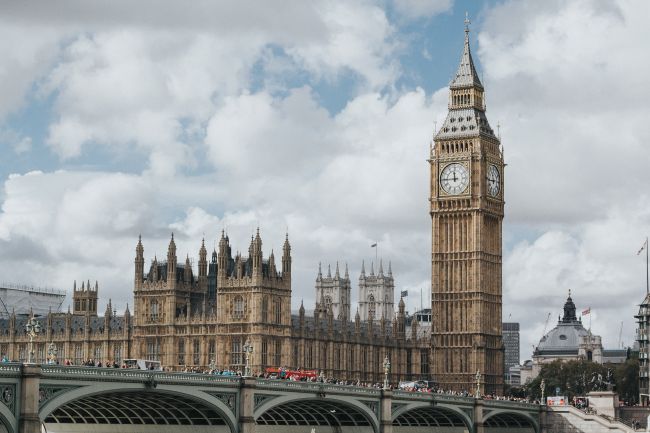Promoting Sustainability in the Colombian maritime industry
We spoke to Silvana Giaimo, Director of Corporate Affairs at the Cartagena Port Group, to learn how the company is tackling social, environmental, and governance challenges while promoting responsible development in the region.
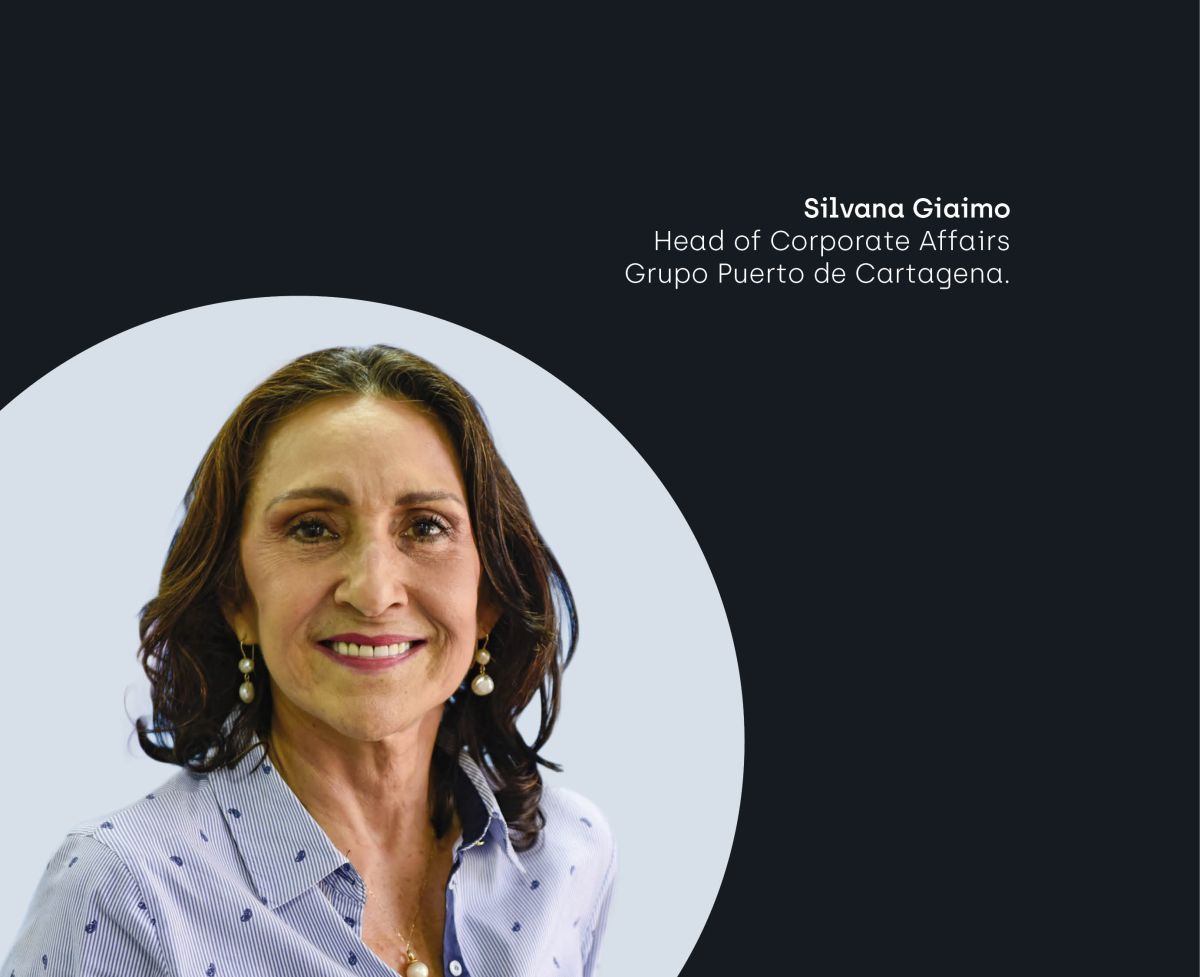
With a prominent presence in the Bay of Cartagena, Colombia, the Cartagena Port Group is a leader in Colombian foreign trade and global connectivity.
The Group boasts annual revenues of $350 million dollars from the three terminals in the Bay of Cartagena and has established an ecosystem that allows shipping lines, importers, and exporters to connect with over 840 ports in 150 countries. These efforts have earned Cartagena recognition as the best-connected port in Latin America and the Caribbean, according to the Port Connectivity Index.
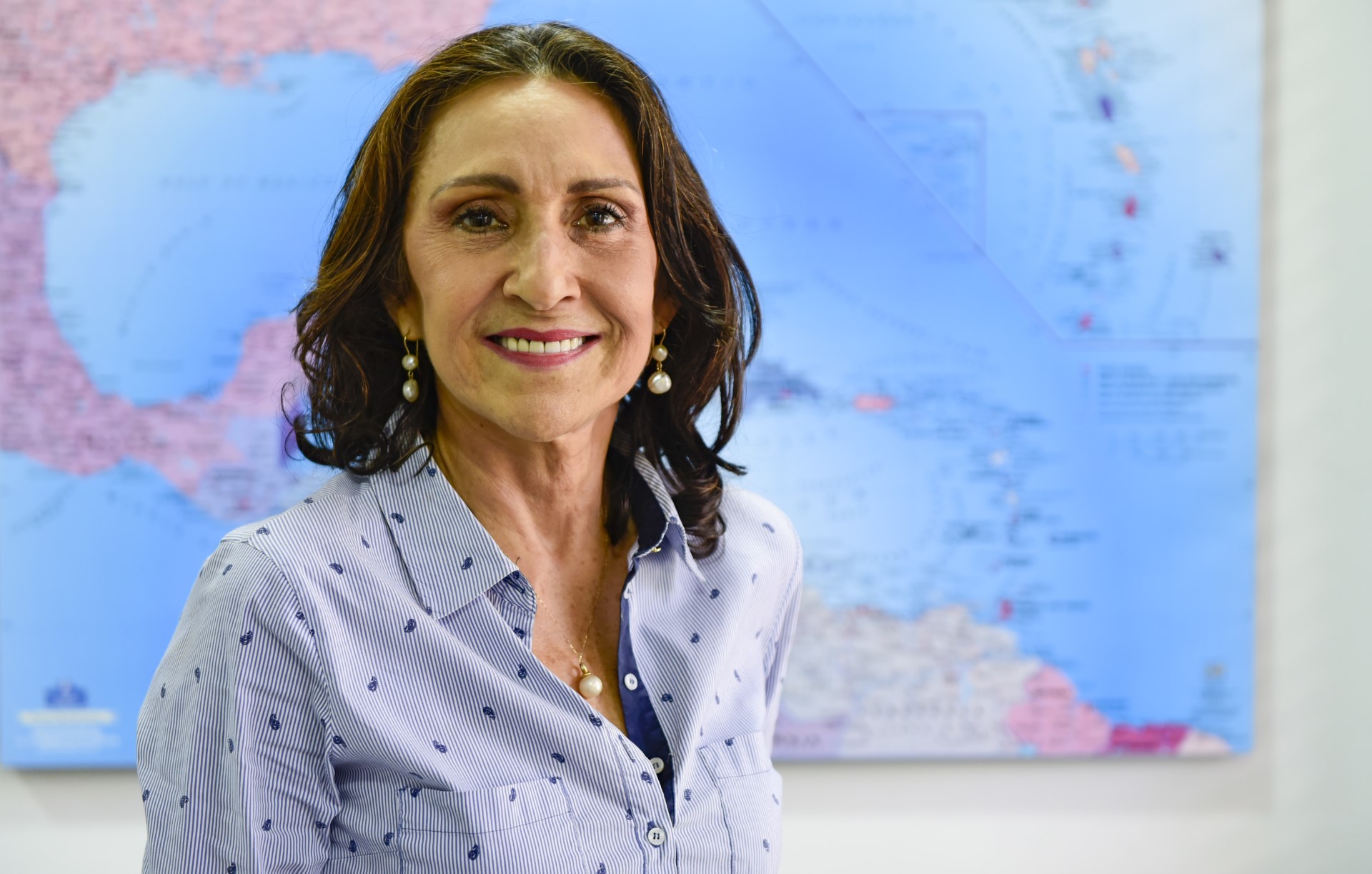 But not everything is about profit. Steer spoke with Silvana Giaimo, Director of Corporate Affairs, to learn how the Cartagena Port Group is addressing social, environmental, and governance challenges while promoting responsible development in the region.
But not everything is about profit. Steer spoke with Silvana Giaimo, Director of Corporate Affairs, to learn how the Cartagena Port Group is addressing social, environmental, and governance challenges while promoting responsible development in the region.
Silvana’s roots in the maritime industry run deep thanks to her grandfather’s captaincy in first the Italian Navy and later the Grancolombiana Merchant Fleet. This connection has led the director, who has a background and education in urban planning, environmental management and sustainable development, into a role as intermittent advisor at Cartagena prior to her decade-long run in her current role.
The Cartagena Port Group drives Colombian foreign trade and global connectivity, promoting regional and national socio-economic development. According to Silvana, Colombia is of strategic importance, with coasts on the Caribbean Sea and the Pacific Ocean. However, while vital for the regional economy, Silvana identifies several challenges in port operations that need to be addressed to mitigate environmental and social impacts, including energy efficiency, marine ecosystem protection and climate change adaptation.
Silvana believes that implementing an environmental, social, and governance (ESG) vision at the port is essential. The Cartagena port positions itself as a global hub for trade and as such must maintain its competitiveness by complying with international standards; to maintain relationships, especially those with established European ports and other leaders in ESG, it’s essential to meet stringent environmental and social regulations. ESG is a state of mind not only for the present but the future too. In order to stay ahead of the trend, which is increasingly towards mindfulness of climate change and sustainability, it is essential for Cartagena to keep an eye on emerging regulations and maintain it’s edge in the global market.
Converting diesel cranes to electric, implementing LED lighting, and generating solar energy have all already contributed to significantly reducing the port’s CO2 emissions and improved its operational efficiency. These sustainability investments benefit not only the environment and the community but also represent significant economic gains in the long term through the ability to recover investments through energy savings.
The Group's ESG vision is not all plain sailing, however. One of the main challenges is ensuring that public service energy providers can guarantee a reliable energy supply, especially for port operations that require high power and capacity and when handling sensitive products such as refrigerated containers with food products.
Likewise building and maintaining trust with local communities residing in port environments is essential for ESG success. Although significant efforts have been made through corporate social responsibility initiatives such as the Cartagena Port Foundation, the challenge remains to establish strong and mutually beneficial relationships with these communities. Good governance will involve building a shared vision of sustainability that involves not only the port organization but also the entire port community and external stakeholders.
Looking ahead, the port is working in various areas to contribute to the achievement of Sustainable Development Goals (SDGs), with an eye to what can be improved both internally and externally.
Employee training and development is one area of interest. A technological development, leadership skills and resilience training program has been implemented for employees, and there is a certified training centre to offer internal technical education. Meanwhile, innovation is encouraged through the ‘Port Ideas’ program which can see employees present their ideas and, if they are selected, have them implemented through the ‘Implementation Factory’ program.
On the environment and sustainability front energy efficiency and carbon footprint reduction remain a priority through installing solar panels, replacing lighting with LED, and other energy-reducing technologies. Infrastructure is built sustainably, with a focus on energy efficiency and the use of environmentally friendly technologies, including solar energy systems, energy efficient lighting and electrifying yards to reduce emissions. Likewise, the Port Oasis project preserves and protects biodiversity and marine and land-based ecosystems.
Through innovative initiatives and a proactive mindset, the Cartagena port positions itself as an example of how the maritime industry can integrate sustainable practices to create a positive impact both locally and globally. This holistic approach not only strengthens the port's competitiveness but also promotes a more prosperous and equitable future for the country and the wider region.



